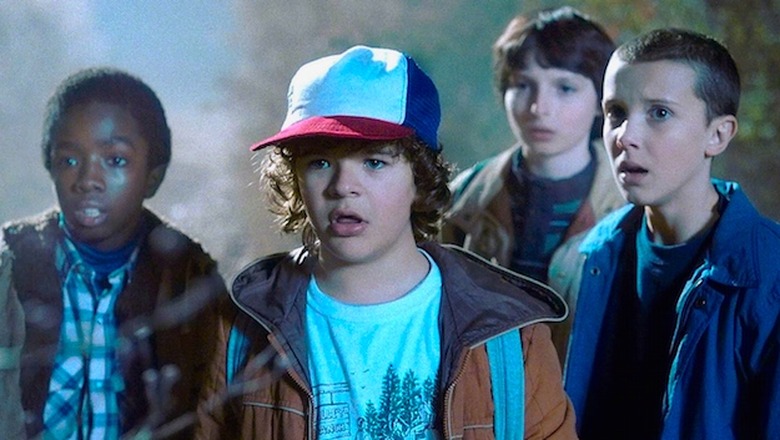Netflix Will Release 1,000 Hours Of Original Programming In 2017
In 2013, Netflix Chief Content Officer Ted Sarandos told GQ that the company's goal is to "become HBO faster than HBO can become us." Three years later, it appears that Netflix is well on its way towards achieving that goal, if it hasn't already.
To its credit, Netflix a few years ago had the foresight to shift the focus of its business towards original content. By the time 2016 comes to a close, Netflix will have rolled out upwards of 600 hours of original programming across every type of genre imaginable. Equally as important as the quantity of Netflix originals is the quality, and in that regard, Netflix has a tremendous and unrivaled ability to churn out hit after hit with alarming consistency. From Orange is the new Black to Stranger Things, Netflix originals are today what HBO originals were back in the late 90s.
DON'T MISS: Camera shootout pits Google's Pixel against the iPhone 7 and Galaxy S7 edge
A few weeks ago, Netflix doubled down on its original content strategy, with Netflix executive David Wells relaying that Netflix's ultimate goal is to reach a 50/50 split between original programming and licensed content. And putting its money where it's mouth is, Netflix revealed this week that it plans to release a whopping 1,000 hours of original content in 2017, marking a 66% increase from what the company will do this year.
In a letter to shareholders, Netflix notes:
We are now in the fourth year of our original content strategy and are pleased with our progress. In 2017, we intend to release over 1,000 hours of premium original programming, up from over 600 hours this year. The Internet allows us to reach audiences all over the world and, with a growing base of over 86 million members, there's a large appetite for entertainment and a diversity of tastes to satisfy.
If you were already having trouble keeping up with Netflix originals, well, you ain't seen nothing yet.
Also of note is that Netflix in 2017 is planning to spend $6 billion on original content and licensing deals, a significant increase from the $5 billion that it earmarked for content in 2016.
